Músmes means ‘cow’. Elders borrowed this word from the Chinook Jargon trade language (Chinook Jargon may have adapted it in turn from the Cree word for a moose).
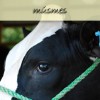

Músmes means ‘cow’. Elders borrowed this word from the Chinook Jargon trade language (Chinook Jargon may have adapted it in turn from the Cree word for a moose).

Osu ólmetst kw’as e kw’étslexw te sth’óqwi means ‘(You) wait until you see the fish’.
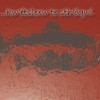
…kw’étslexw te sth’óqwi is a partial phrase, meaning ‘..see the fish.’.
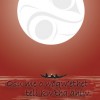
Osu me o wōqw’ethet teli kw’e ahíw means ‘So (you) just drift down from upriver‘. The ‘you’ is just understood from context.
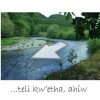
…telí kw’etha ahíw means ‘…from upriver‘.
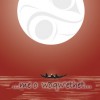
…me o wōqw’ethet means ‘…(you) just drift….‘. The ‘you’ is just understood from context.

You can translate wōqw’ethet as ‘to drift‘, but literally it means ‘to drift yourself’. This word comes from wōqw’, and the -thet ending means ‘self‘

Wōqw’ means ‘to drift’ or ‘to drift downriver’.
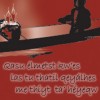
Qasu élmetst kwe’s las tu thatíl qeyálhes me thíyt ta’ héyeqw means ‘And so they’d wait till it got very dark, before making the fire.’‘.
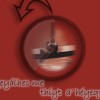
…qeyálhes me thíyt ta’ héyeqw means ‘…before making your fire.‘.
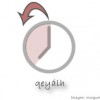
Qeyálh means ‘before’.
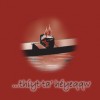
…thíyt ta’ héyeqw means ‘…make your fire.‘.
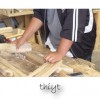
Thíyt means ‘to make’ or ‘to prepare’. You can also use this to mean ‘to fix, to repair’, and for cleaning up your room or house.
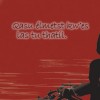
Qasu élmetst kwe’s las tu thatíl means ‘And they’d wait until it was very dark’.

Ch’ít means ‘to thank’. Some Elders pronounce this word ts’ít.
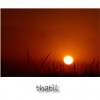
Thatìl means ‘to get dark’‘.

Ólmetst means ‘to wait for‘.
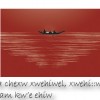
Lachexw xwehíwel, xwehí::wel lam kw’e ehíw means ‘You go upriver, waaaay upriver’.
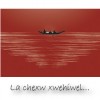
Lachexw xwehíwel… means ‘You go upriver…’.
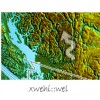
Xwehí::wel means ‘to go waaaay upriver’‘. It is based on xwehíwel – ‘to go upriver’, with special lengthening of the vowel for emphasis.
